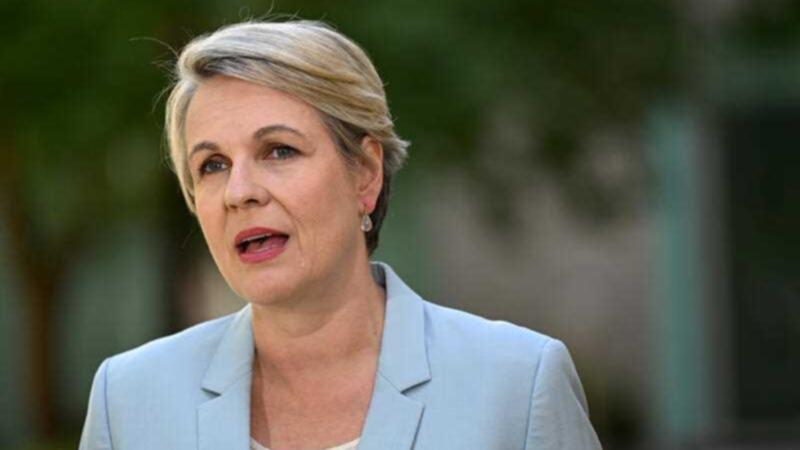EDITORIAL: Tanya Plibersek’s Woodside delay has industry on edge
EDITORIAL: After 40 years, gas resources in the North West Shelf are dwindling. Opening up new gas fields to the north could extend the project’s life. But its success is under threat.

In the four decades since the first cargo ship loaded with LNG left Woodside’s North West Shelf in 1989 destined for Japan, the project has pumped out enough gas to power millions of homes.
It’s also poured more than $40 billion into government coffers through royalties and excises and provided jobs and opportunities for thousands of West Australians.
And the affordable, reliable energy it provides has WA to grow into the industrial powerhouse it is today.
Sign up to The Nightly's newsletters.
Get the first look at the digital newspaper, curated daily stories and breaking headlines delivered to your inbox.
By continuing you agree to our Terms and Privacy Policy.However, after 40 years of operation, gas resources in the North West Shelf are dwindling. Opening up new gas fields to the north could extend the project’s life for another 50 years, meaning WA and Australia would reap the benefits of affordable power until 2070.
But its success is under threat thanks to Australia’s slow-moving environmental approvals processes.
After six years in assessment limbo, the project finally received the tick of approval from the WA Government in December.
Then, it was passed to the Federal Government, which was supposed to make a decision by the end of February.
But the Environment Department has given itself an extension to that deadline until March 31.
Proponents fear even that later deadline is unlikely to be met by the Federal Government should an election be called for April. That would delay the decision until the new parliament, potentially putting it at the mercy of a minority government in which the balance of power is held by the extreme gas-hating Greens.
Environment Minister Tanya Plibersek has blamed the WA Government for the setback, saying her department only received the paperwork from Perth earlier this month despite making multiple requests, and required “reasonable time” to assess the project.
The delay has again called into question the Federal Government’s priorities, and Ms Plibersek’s ability to properly weigh up a project’s economic and social benefits against its environmental risks.
The minister’s reputation took a heavy hit last year thanks to her decision to block the $1 billion McPhillamys gold mine in NSW based on disputed testimony from a group of Aboriginal elders about a mythical bee. Despite other Wiradjuri elders saying they’d never heard of the blue-banded bee Dreaming story, Ms Plibersek decided the objections were enough to kill off the project.
That decision put industry on edge. Further delays to the North West Shelf extension could be enough to send them over it.
It has also highlighted the problem of Australia’s duplicative environmental approvals processes — problems which will only worsen if Ms Plibersek is successful in reviving her stalled push to create a Federal environmental protection agency in the next Parliament.
Australia is blessed with a wealth of natural resources. But those resources exist elsewhere too, and resources companies won’t hesitate to take their investment where they can get better bang for their buck.
That would be a bad outcome for Australia, and the planet.
